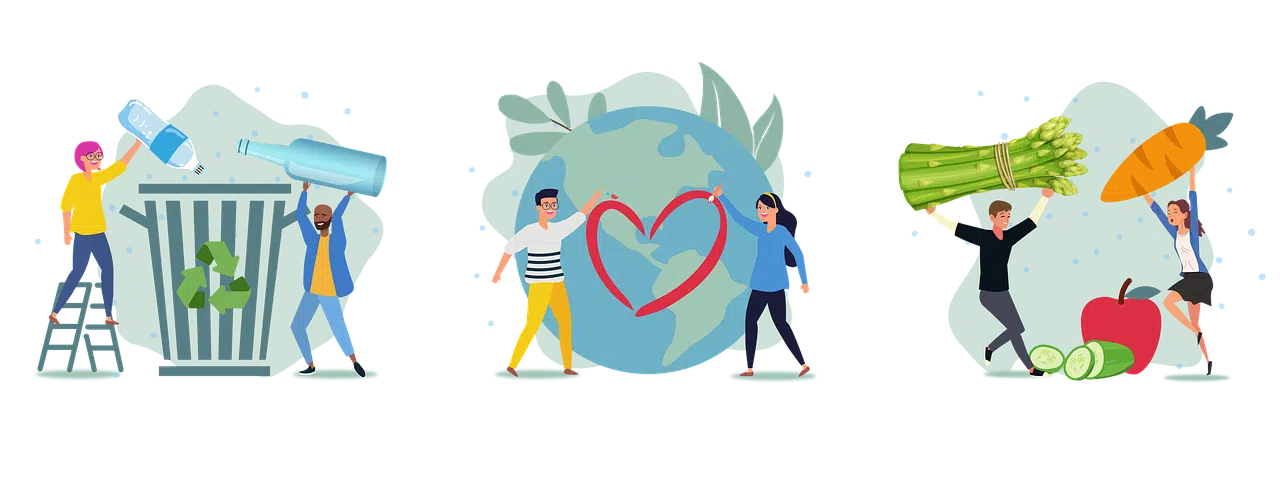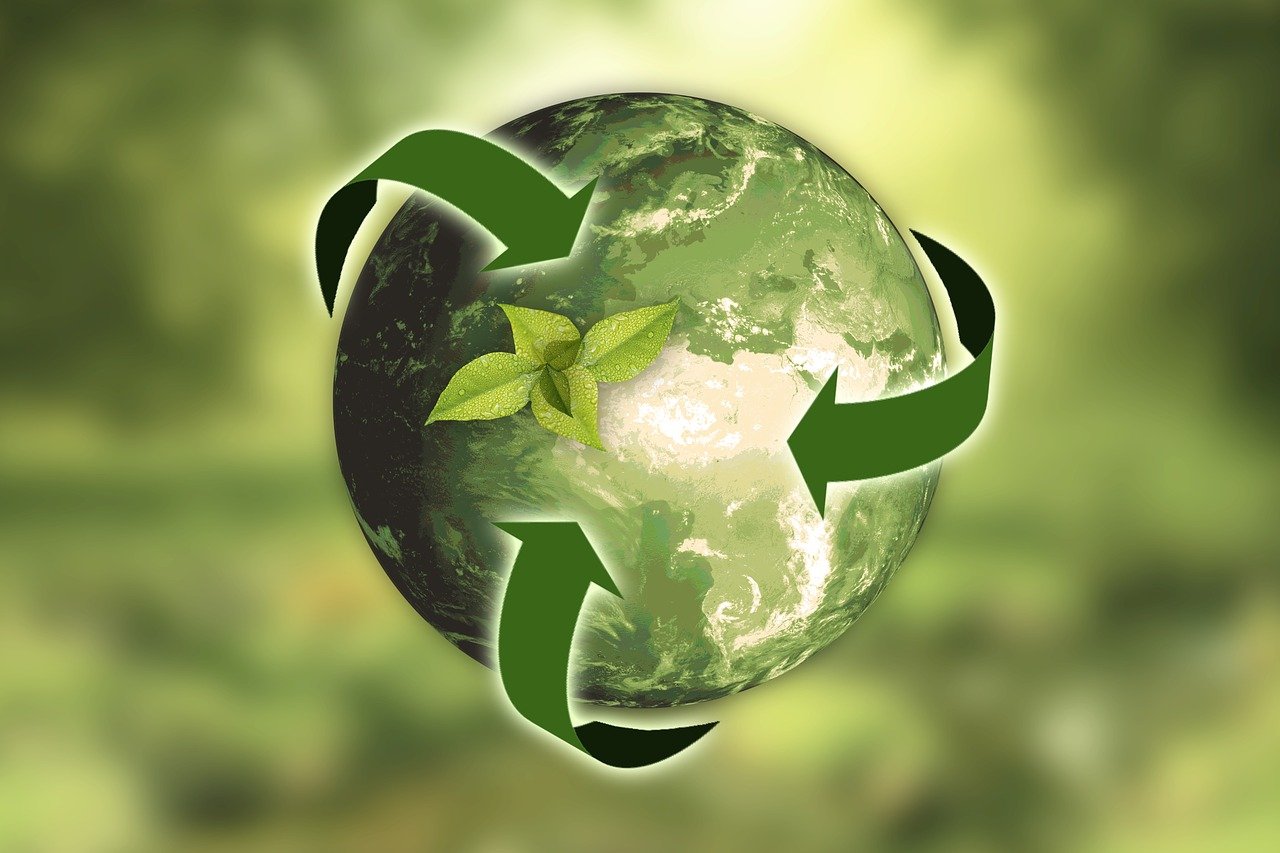
By guiding human habits towards responsible consumption, many benefits are achieved linked to environmental protection and a better quality of life.
Responsible consumption is a decision, a personal choice, that is committed to conscious habits framed by the principle of sustainability when purchasing products, dressing or contracting services.
This concept encompasses behaviors and actions aimed at avoiding waste and unnecessary or excessive purchases to consumer practices that threaten the environment or the well-being of any way of life. This model even aims to achieve a more equitable distribution of wealth and respect labor rights so that workers do not lose dignity or quality of life.
Awareness campaigns in this regard that highlight the importance of being responsible consumers , corporate responsibility , the implementation of sustainable public policies , environmental education from an early age and individual responsibility when buying something, selecting what clothing to wear or paying for a certain service. They are essential for the philosophy of responsible consumption to be established globally and on a stable basis.
Principles of responsible consumption
There are five principles of responsible consumption that summarize the committed, ethical and fair essence of this philosophy.
Searching by all means to reduce consumption with the intention of minimizing the amount of waste generated and limiting or avoiding impulse or pleasure purchases that do not meet the basic needs of a human being is part of these guidelines.
Committing to the reuse of products and the recycling of materials, feeding the circular economy system from both production and consumption, as well as encouraging and taking advantage of the commercial model known as fair trade , are other actions in line with the bases of responsible consumption . Suggestions to keep in mind to grow it without much effort: give at least a chance to recycled clothing or some second-hand purchases , encourage composting , get involved in renting and lending objects , etc.
Choosing a local business to make purchases and always trying to have ethical consumption are also attitudes that conform to the pillars of the aforementioned form of consumption.

The reduction of waste (especially the reduction of plastics) constitutes a challenge and a social obligation in favor of caring for the ocean and the planet as a whole.
The importance of being responsible consumers
The importance of being responsible consumers is evident in multiple aspects and areas of daily life.
Putting this philosophy into practice translates into social, economic and environmental benefits.
Those who acquire ecological customs associated with the reuse of elements , responsible water consumption , choose to travel by bicycle so as not to exacerbate the level of air pollution and go shopping with their own reusable bags help a lot to conserve natural resources , to protection of biodiversity and reduction of the carbon footprint .
Giving support to entrepreneurs who are committed to sustainable innovation , contributing to the growth of sustainable development and leading a minimalist lifestyle also pays off.

Both solar energy and wind energy are renewable energy sources that do not pollute and serve in the fight against global warming .
Responsible consumption in practice
In practice, responsible consumption encompasses each service or item that is essential to keep us in optimal health conditions and make our daily lives easier.
With organic food and seasonal consumption (that is, prioritizing seasonal vegetables and fruits), for example, it is possible to enjoy a healthy diet . There are those who even adhere to movements such as vegetarianism or veganism as part of their efforts to ensure respect for animal rights and through this demonstrate a genuine interest in the conservation of ecosystems and the conservation of fauna . among other matters.
Use a renewable energy source , make responsible use of water , travel by public transport , join the trend of carpooling , have energy-saving practices in work and home environments, defend sustainable fashion and dispose of home of a homemade rain collection system are other actions that cause positive changes for the planet. When traveling the world, responsible decisions can also be made by preferring sustainable tourism or staying in ecological hotels .
It is of utmost importance that corporate entities and public policies accompany individual efforts (or different sectors of society) to expand the responsible consumption model as much as possible. The rise of B companies (or triple impact companies that aim to leave positive environmental and social footprints), Corporate Social Responsibility (CSR) and ecological certifications that give confidence to consumers because they are granted after a control over Each production process, to mention certain issues as a reference, has enormous value in terms of caring for the environment (since, among other benefits, they contribute to the fight against climate change and the protection of biodiversity ) and human health through responsible production . Each State , for its part, must work hard on environmental legislation and design and establish sustainable public policies . From the state sphere, incentives and information must also be given to achieve mass adherence to the responsible consumption model.
